Gupta empire crumbles as Zuma exits South African presidency
Thu 22 Feb 2018, 16:16:39
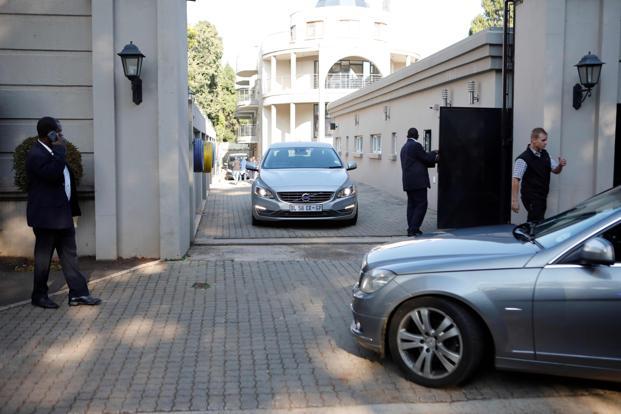
For years, brothers Ajay, Atul and Rajesh Gupta were ranked among South Africa’s most prominent businessmen and
socialized with the ruling elite, including their friend, then-President Jacob Zuma.
They weathered accusations that they’d exploited their political connections to land an aircraft at a high-security military base to ferry guests to a private wedding, installed their allies in key positions at state
companies, tried to influence cabinet appointments and looted billions of rand of taxpayer funds. Law enforcement agencies took no visible action against them, saying only that investigations were ongoing.
That all changed on Feb. 14, when Zuma quit as president under pressure from the ruling African National Congress the same day the police’s Hawks
investigative unit staged a dawn raid on the Guptas’ sprawling luxury estate in Johannesburg’s Saxonwold suburb. Some of their top lieutenants were arrested and the eldest brother, Ajay, was declared a fugitive.
investigative unit staged a dawn raid on the Guptas’ sprawling luxury estate in Johannesburg’s Saxonwold suburb. Some of their top lieutenants were arrested and the eldest brother, Ajay, was declared a fugitive.
The timing of the two events was no coincidence, according to Mark Swilling, a professor at Stellenbosch
University who convened an academics’ study last year that concluded that the Zumas, the Guptas and their allies had orchestrated “a silent coup.”
“There is a multi-pronged attack on the Zuma-Gupta network,” Swilling said. “One of these was a political attack launched from within the ANC to get rid of Zuma as the linchpin of that power elite. Linked to that is another set of actions initiated by the criminal justice system to nail the Guptas.”
No Comments For This Post, Be first to write a Comment.
Most viewed from International
Most viewed from World
AIMIM News
Latest Urdu News
Most Viewed
May 26, 2020
Should there be an India-Pakistan cricket match or not?
Latest Videos View All
Like Us
Home
About Us
Advertise With Us
All Polls
Epaper Archives
Privacy Policy
Contact Us
Download Etemaad App
© 2026 Etemaad Daily News, All Rights Reserved.

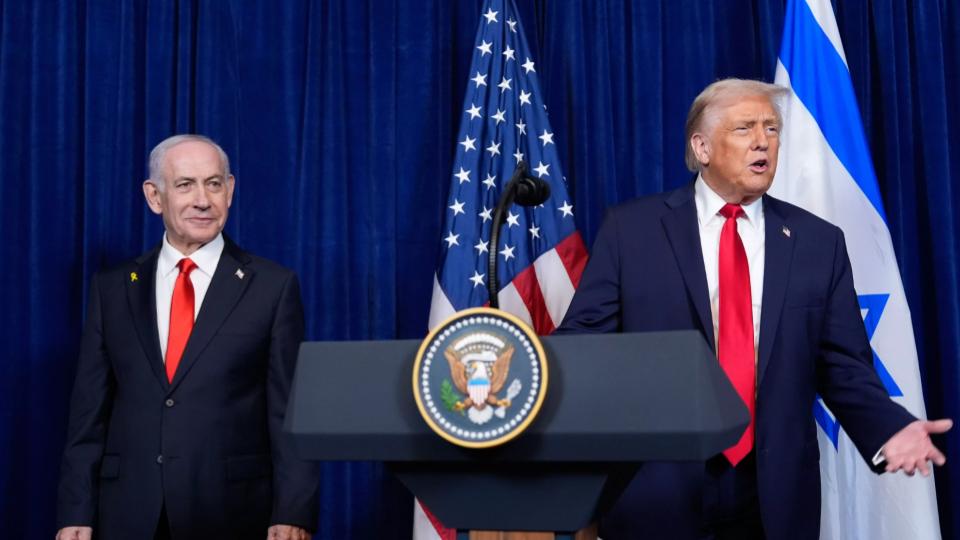
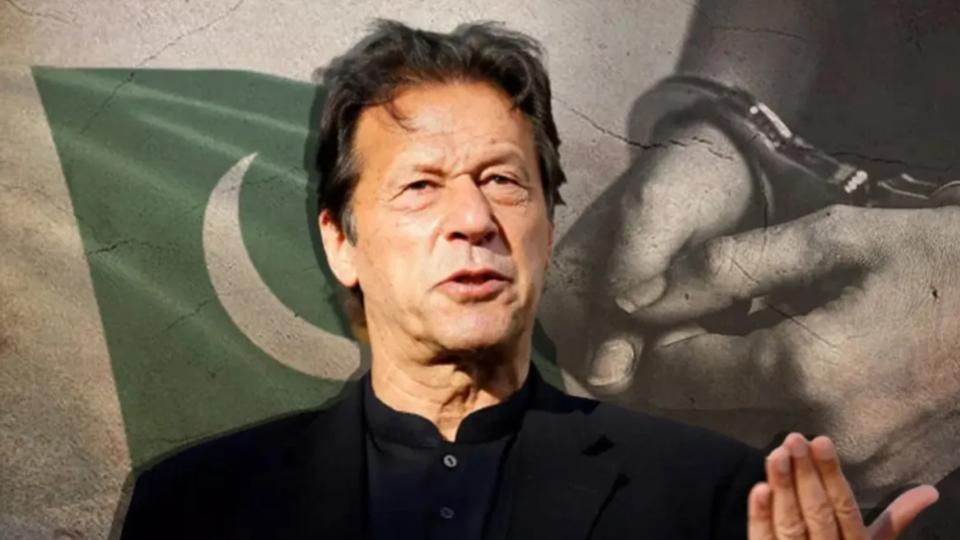

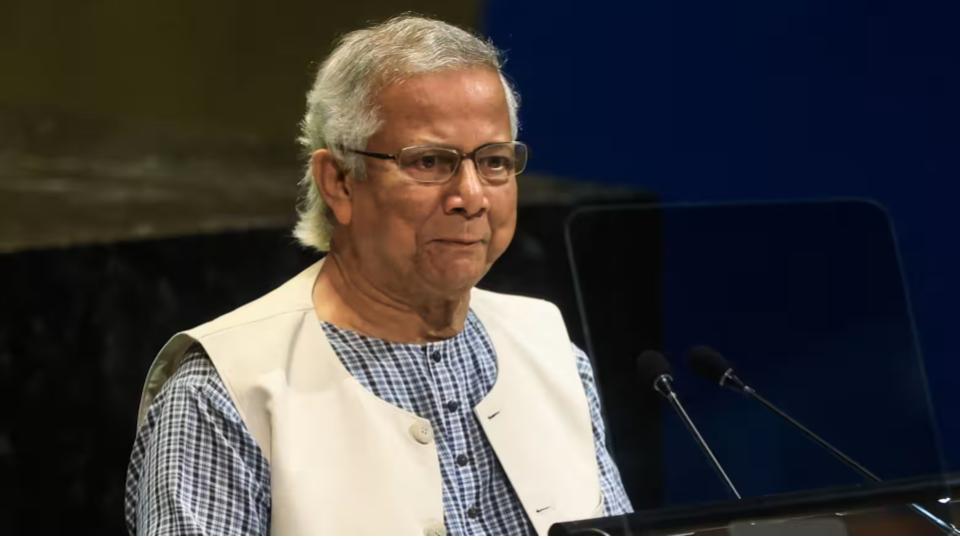
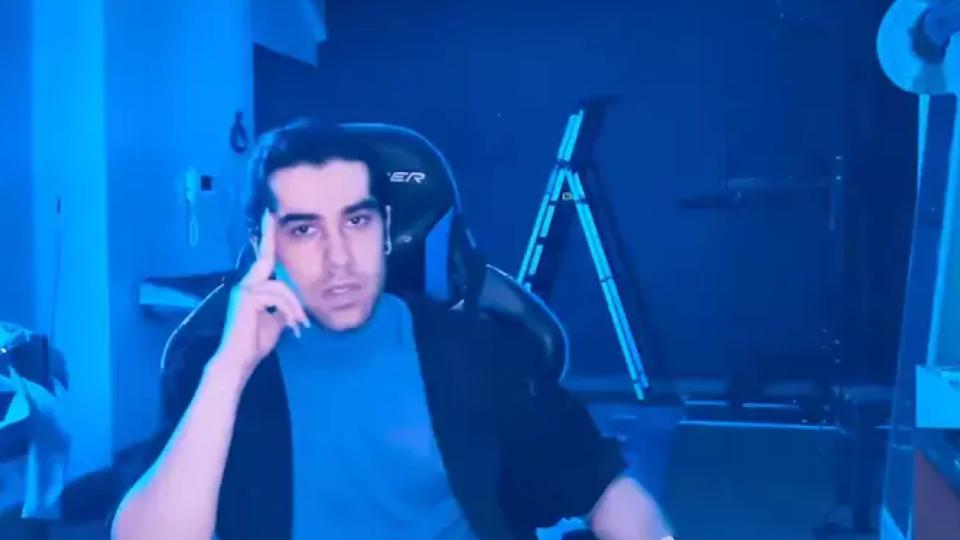
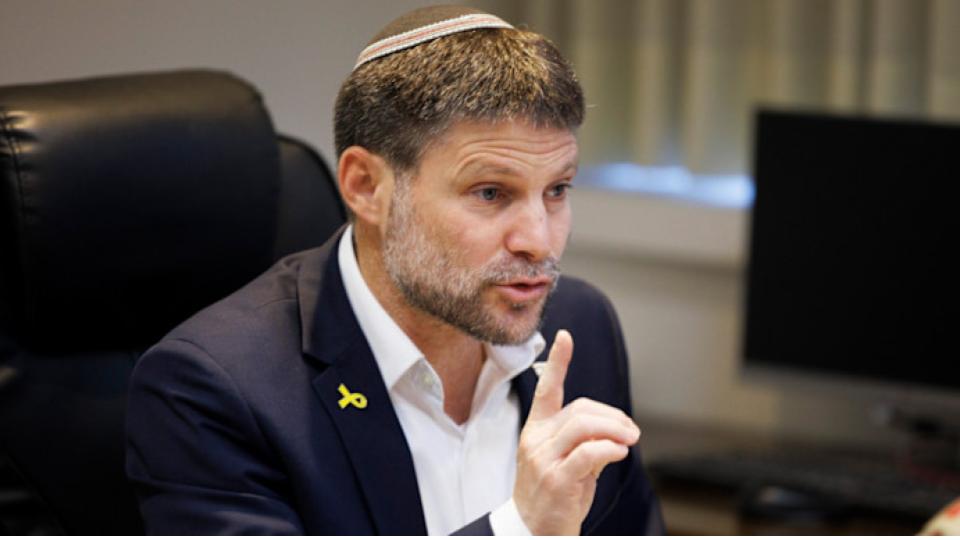
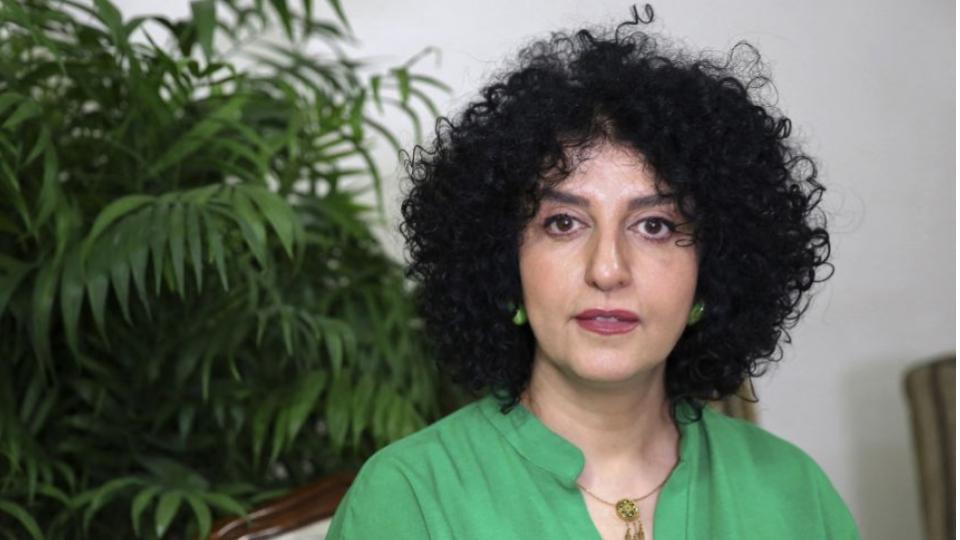

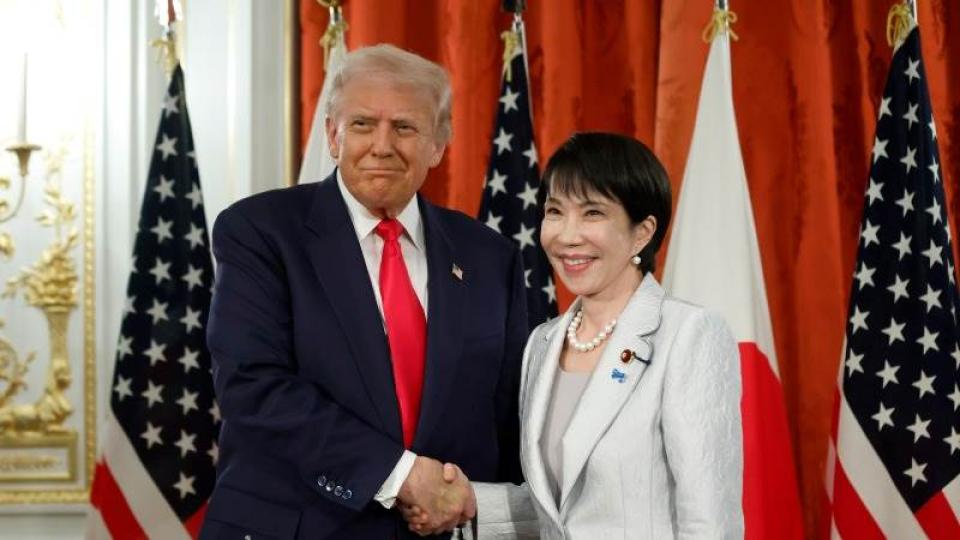
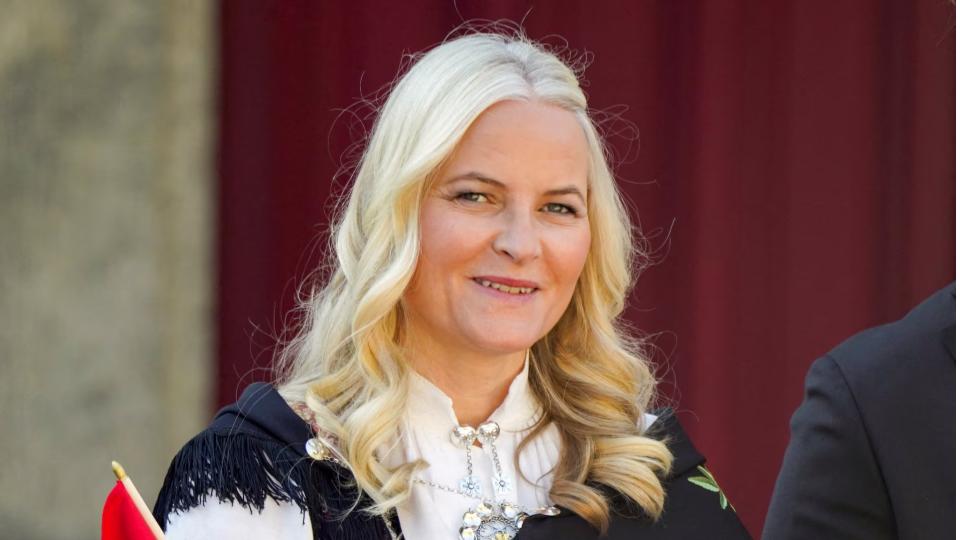


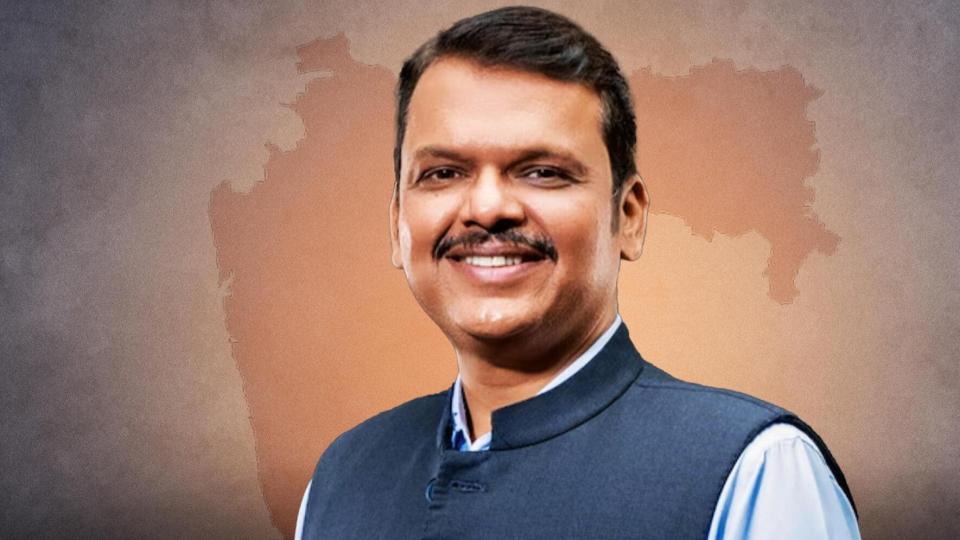
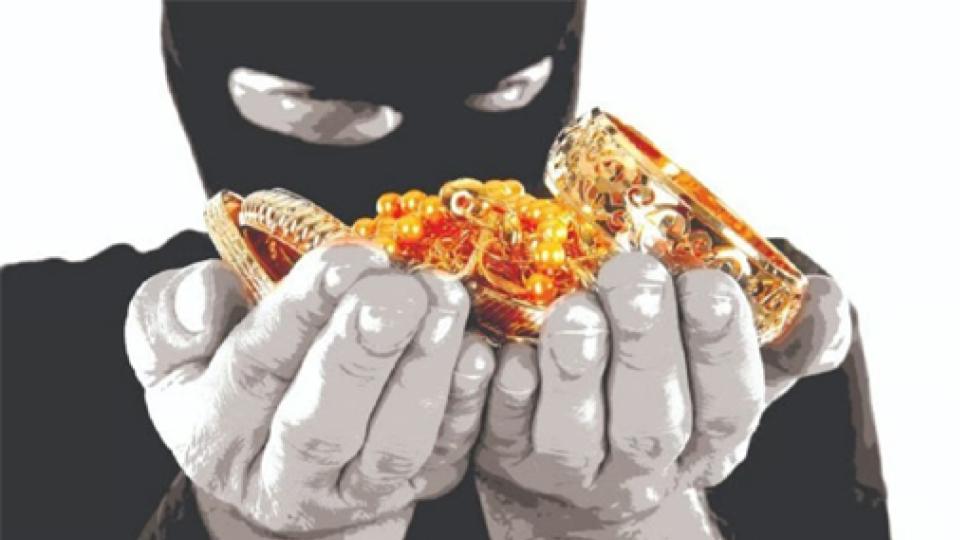

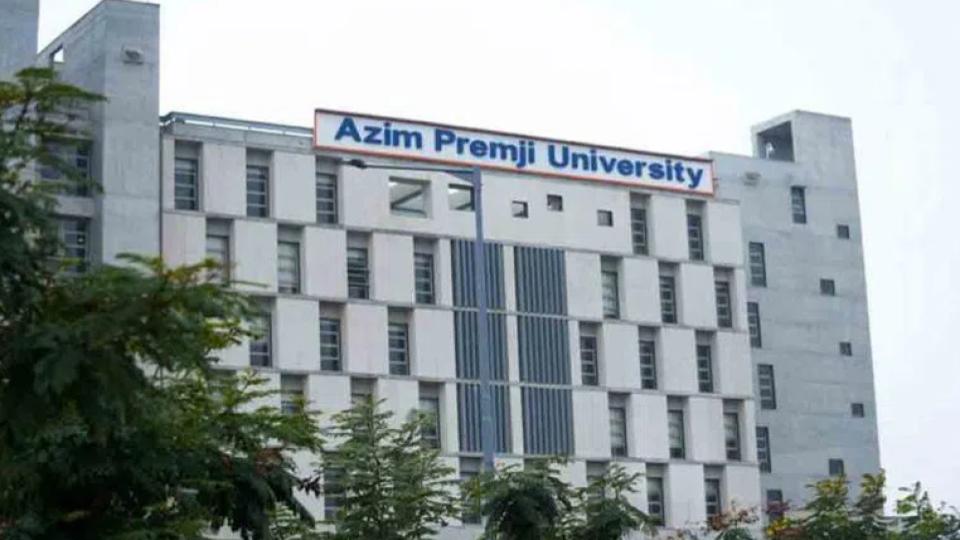

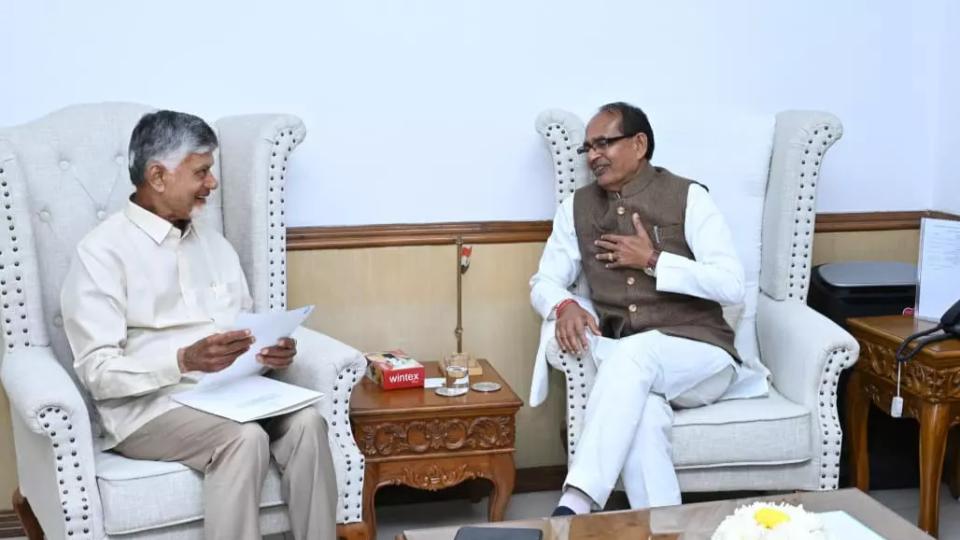
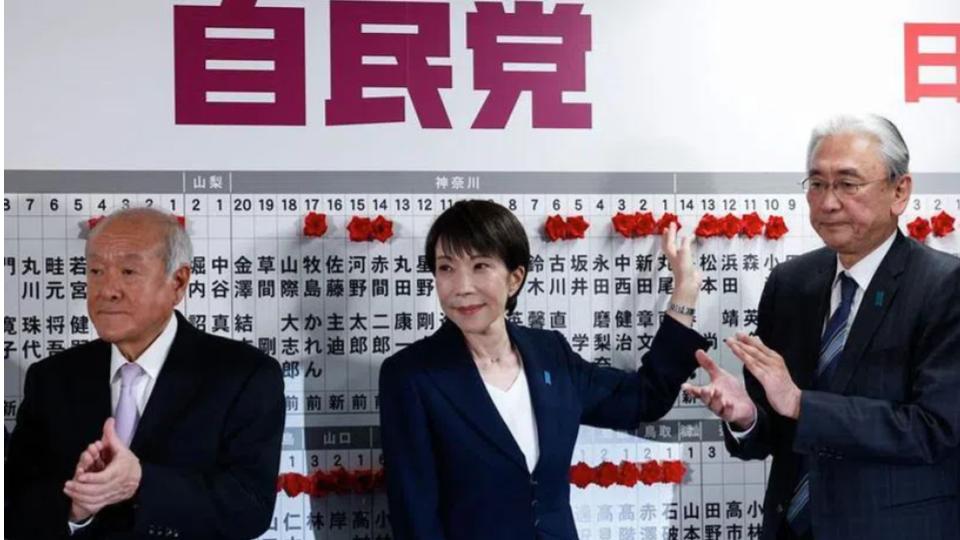

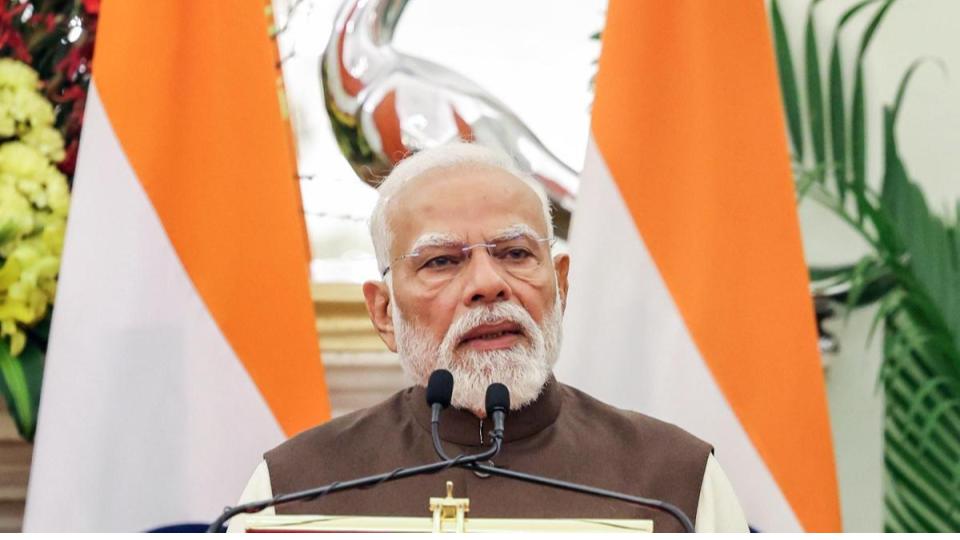
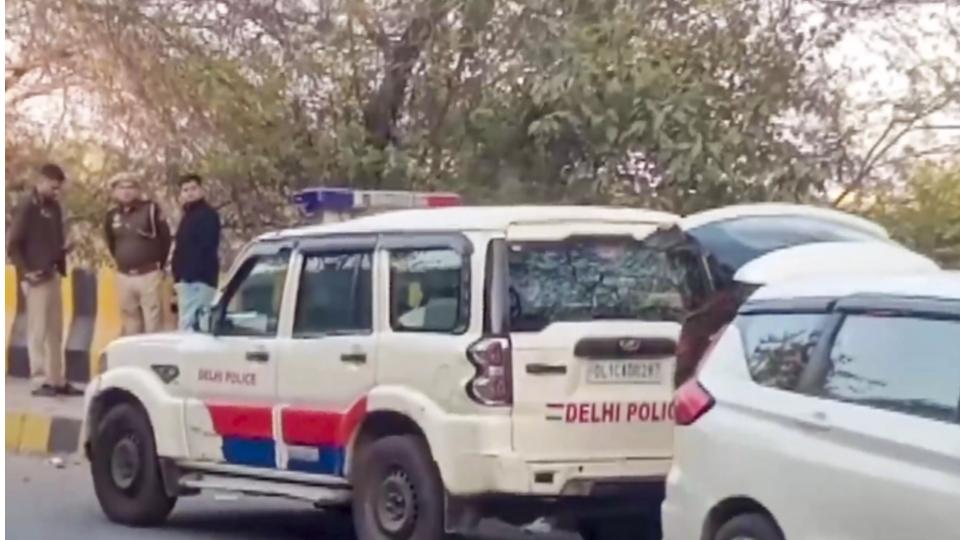
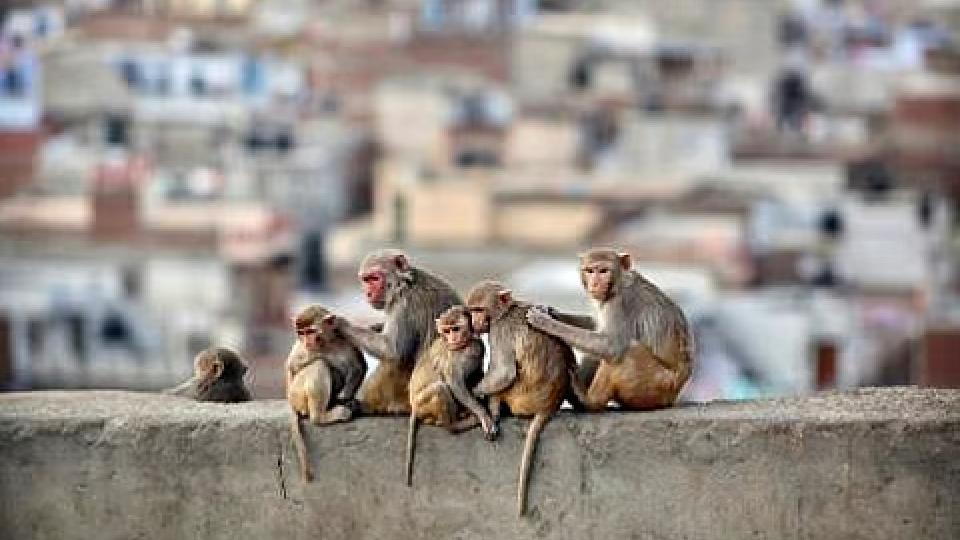
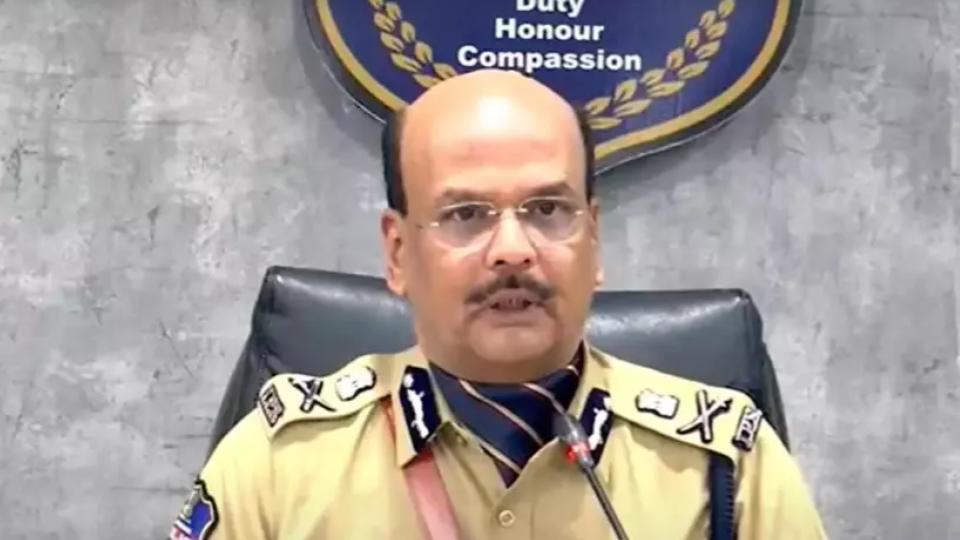












.jpg)
.jpg)
.jpg)


